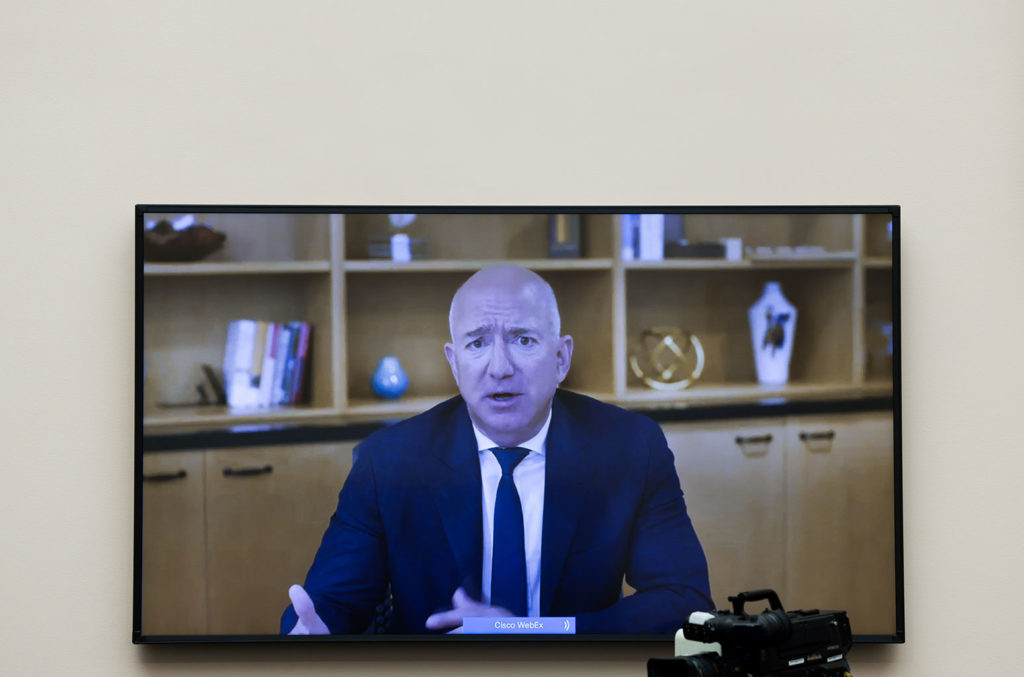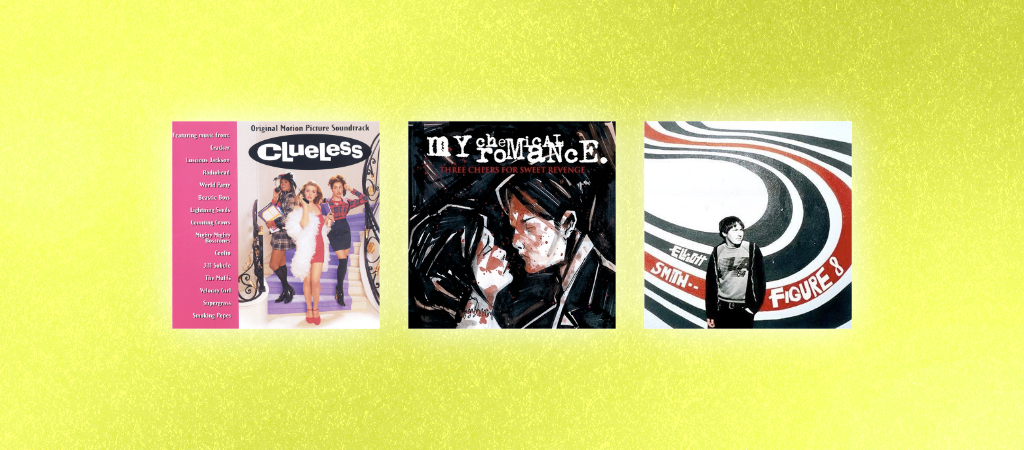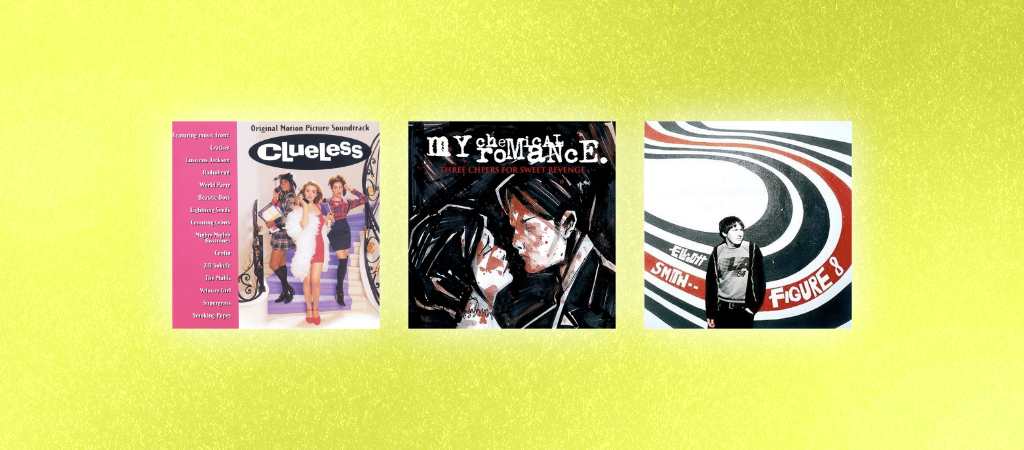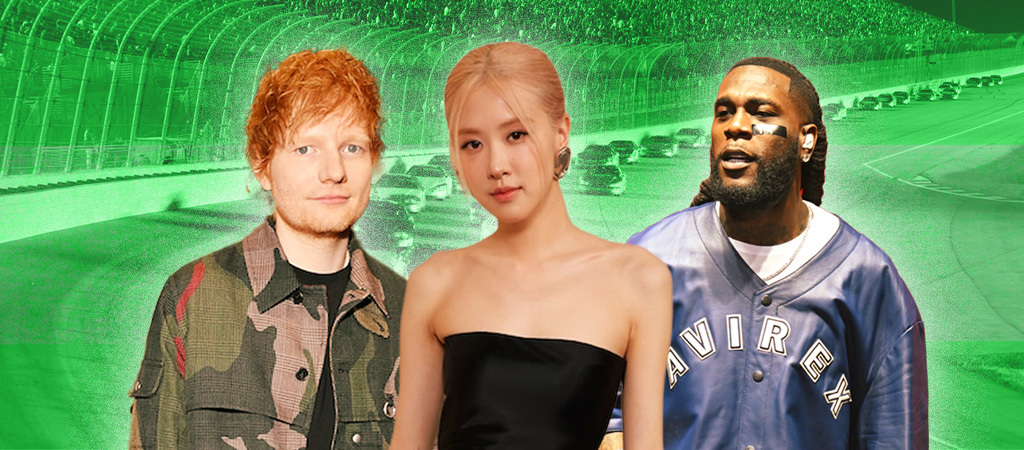“Alexa, are we paying music royalties?”
It’s a question that Amazon founder and CEO Jeff Bezos might have wanted to ask last week, when he testified in front of a U.S. House of Representatives antitrust subcommittee, along with the chief executives of Apple, Google and Facebook. The subject of the hearing was competition in the technology business — a topic that’s been heating up in Washington D.C. over the last few years. But Rep. Kelly Armstrong (R-ND) took the opportunity to throw in a question about music licensing on Twitch, which Amazon bought in 2014 for almost a billion dollars and has become an important platform for livestreaming during the coronavirus pandemic.
“My understanding is that Twitch allows users to stream music but does not license the music,” Armstrong asked. “Is that correct?”
That’s where Bezos could have used Alexa. “I’m going to have to ask that I could get back to your office with an answer to that question,” Bezos replied. “I don’t know.”
Amazon licenses music, of course, and it has become an increasingly important source of revenue to the music business, especially for the rock and country genres. So far, though, Twitch only has deals with performing rights organizations – not music publishers (for the mechanical licenses or synch rights that may be required for some videos) or labels. When users include music in videos, it operates under the Digital Millennium Copyright Act (commonly known as the DMCA) a 1998 law that offers “safe harbor” from copyright infringement lawsuits for the actions of consumers for online platforms that let rights holders file takedown notices. While many companies use this, few are owned by a technology giant that also licenses music: Think “one company, two systems.”
As Twitch becomes more popular, that’s not sitting well with rights holders, which are now trying to negotiate licensing deals with services like Twitch and TikTok that use music but don’t focus on streaming entire songs the way Spotify does. By allowing services to use music to build their businesses, as long as they respond to takedown notices, the current interpretation of the DMCA makes it hard for rights holders to get the same kind of deals they get from streaming services that have to license music before they use it. That’s why YouTube pays less than Spotify and Apple Music, according to industry sources familiar with the subject. The new EU Copyright Directive could change this dynamic — it would only apply in Europe, but it could have a worldwide impact — and there have been hearings in the U.S. on the subject as well.
As of Friday afternoon, two days after the hearing, Armstrong’s office hadn’t yet received an answer from Amazon. maybe the congressman should have asked for an answer to be delivered with Amazon Prime.



